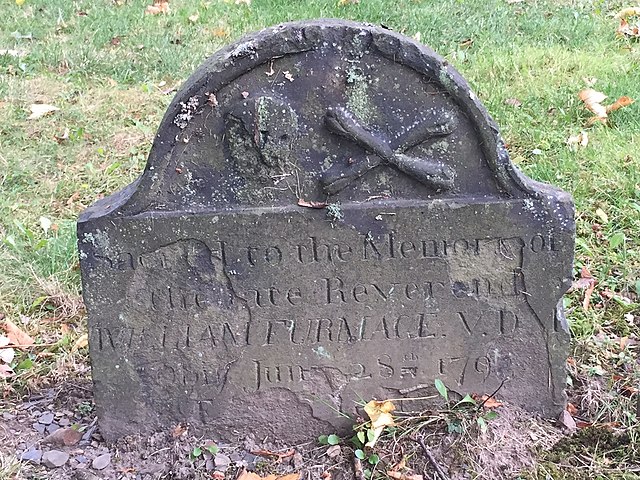North Preston is a community located in Nova Scotia, Canada within the Halifax Regional Municipality.
Entrance to North Preston
The road to North Preston. The settlement's water tower can be seen.
Black Nova Scotians are an ethnic group consisting of Black Canadians whose ancestors primarily date back to the Colonial United States as slaves or freemen, later arriving in Nova Scotia, Canada, during the 18th and early 19th centuries. As of the 2021 Census of Canada, 28,220 Black people live in Nova Scotia, most in Halifax. Since the 1950s, numerous Black Nova Scotians have migrated to Toronto for its larger range of opportunities.
The first recorded free African person in Nova Scotia, Mathieu da Costa, a Mikmaq interpreter, was recorded among the founders of Port Royal in 1604. West Africans escaped slavery by coming to Nova Scotia in early British and French Colonies in the 17th and 18th centuries. Many came as enslaved people, primarily from the French West Indies to Nova Scotia during the founding of Louisbourg. The second major migration of people to Nova Scotia happened following the American Revolution, when the British evacuated thousands of slaves who had fled to their lines during the war. They were given freedom by the Crown if they joined British lines, and some 3,000 African Americans were resettled in Nova Scotia after the war, where they were known as Black Loyalists. There was also the forced migration of the Jamaican Maroons in 1796, although the British supported the desire of a third of the Loyalists and nearly all of the Maroons to establish Freetown in Sierra Leone four years later, where they formed the Sierra Leone Creole ethnic identity.

Rose Fortune, Black Loyalist – Annapolis Royal c. 1830
Lawrence Hartshorne, d. 1822, a Quaker who was the chief assistant of John Clarkson in helping the Black Nova Scotian Settlers emigrate to Sierra Leone (1792) – Old Burying Ground (Halifax, Nova Scotia)
Reverend William Furmage, Huntingdonian Missionary to the Black Loyalists, established black school in Halifax
Charles Inglis, supported education for Black Nova Scotians






